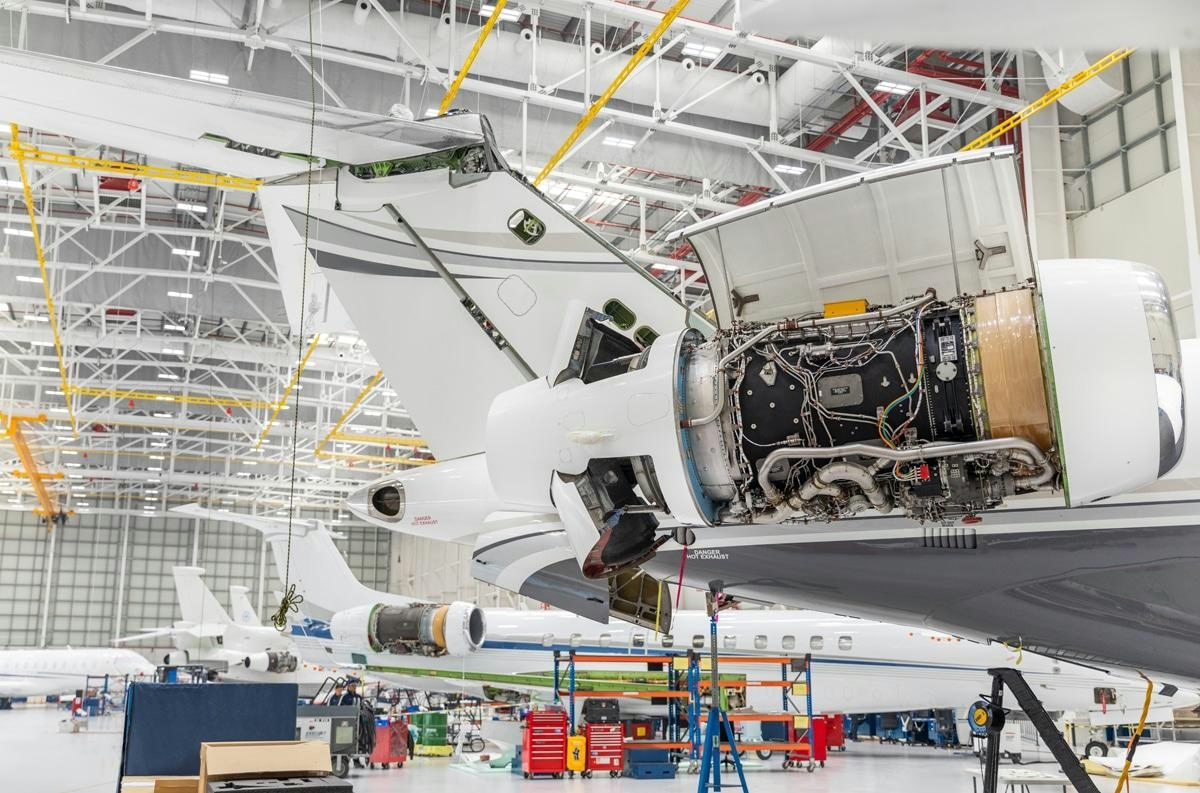
Smarter email, faster business.
Trending
Categories
Airlines Adopt Digital Boarding Passes, Move Away from Paper
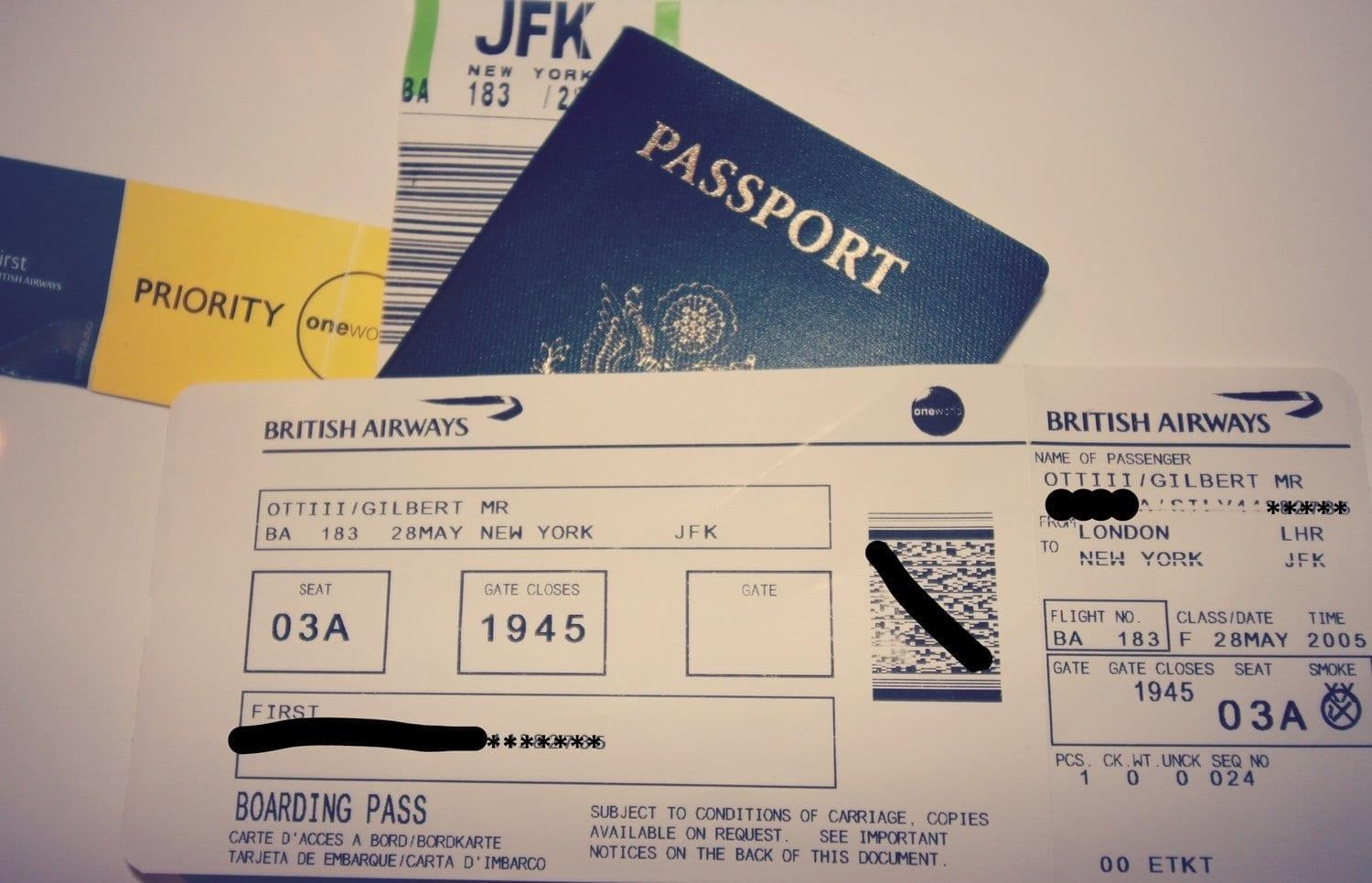
Airlines Embrace Digital Boarding Passes, Phasing Out Paper Tickets
A recent report by Airport Parking and Hotels (APH), a prominent UK airport parking specialist, reveals a significant acceleration in the airline industry's transition toward paperless travel in 2025 and beyond. The study examines the digital strategies of leading carriers such as Emirates, British Airways, easyJet, and Japan Airlines, focusing on their adoption of mobile applications, digital boarding passes, and emerging technologies aimed at enhancing passenger experience and operational efficiency.
Ryanair Leads the Move to Fully Digital Boarding
A landmark development in this shift is Ryanair’s announcement that, beginning 3 November 2025, it will cease offering physical boarding passes altogether. Passengers will no longer be able to download or print paper passes, making Ryanair the first major airline to implement a fully digital boarding system. This initiative will eliminate paper from the check-in, boarding, and gate access processes, setting a precedent that other airlines are expected to follow as the industry modernizes.
Dara Brady, Ryanair’s Chief Marketing Officer, emphasized the benefits of this transition, stating that the move to 100 percent paperless boarding passes will enhance the travel experience by streamlining processes through the myRyanair app, particularly during the less busy winter schedule. Brady highlighted that the digital system will provide real-time updates, alternative flight options, and accommodation offers directly to passengers’ mobile devices, improving responsiveness during disruptions.
Industry Trends and Challenges in Digital Adoption
While Ryanair is pioneering a fully paperless model, APH’s research indicates that most airlines currently maintain a hybrid approach. Carriers such as Emirates, Virgin Atlantic, and Singapore Airlines offer online check-in and digital boarding passes but continue to provide complimentary printed passes at airports. Similarly, Jet2 and easyJet encourage mobile app usage but accommodate passengers who prefer or require paper documents.
The transition to digital tools—including mobile check-ins, self-service bag drops, and AI-driven applications—is rapidly transforming air travel. However, airlines face several challenges in this evolution. Ensuring compatibility across diverse technological systems, overcoming resistance from passengers accustomed to traditional methods, and managing logistical complexities remain significant hurdles. Moreover, there is a risk of digital exclusion for travelers lacking digital literacy or reliable internet access. Nick Caunter, Managing Director of APH, cautioned that while digital tools enhance the modern travel experience, a fully paperless system may inadvertently marginalize some passengers.
Market responses to digital boarding passes have been largely positive, with reports of increased passenger convenience and improved operational efficiency. Airlines are adopting similar digital strategies to remain competitive, although some lag behind due to technological or financial constraints.
Technological Innovations and Regulatory Constraints
The report also highlights that although all surveyed airlines support online check-in and most offer self-service bag drops, integration of digital passports remains limited. This limitation is primarily due to government regulations rather than technological barriers. Airlines are actively exploring artificial intelligence to further enhance the passenger journey. For instance, Qatar Airways introduced Sama, a holographic AI avatar, in 2024, while Singapore Airlines provides an AI-powered assistant to aid in travel planning and management.
These technological advancements are unfolding amid broader industry challenges, including recent air traffic control disruptions and heightened safety concerns following a major crash in January. These factors have affected airline operations and passenger confidence. As airlines continue to advance digital transformation, balancing innovation with accessibility and reliability remains a critical priority.
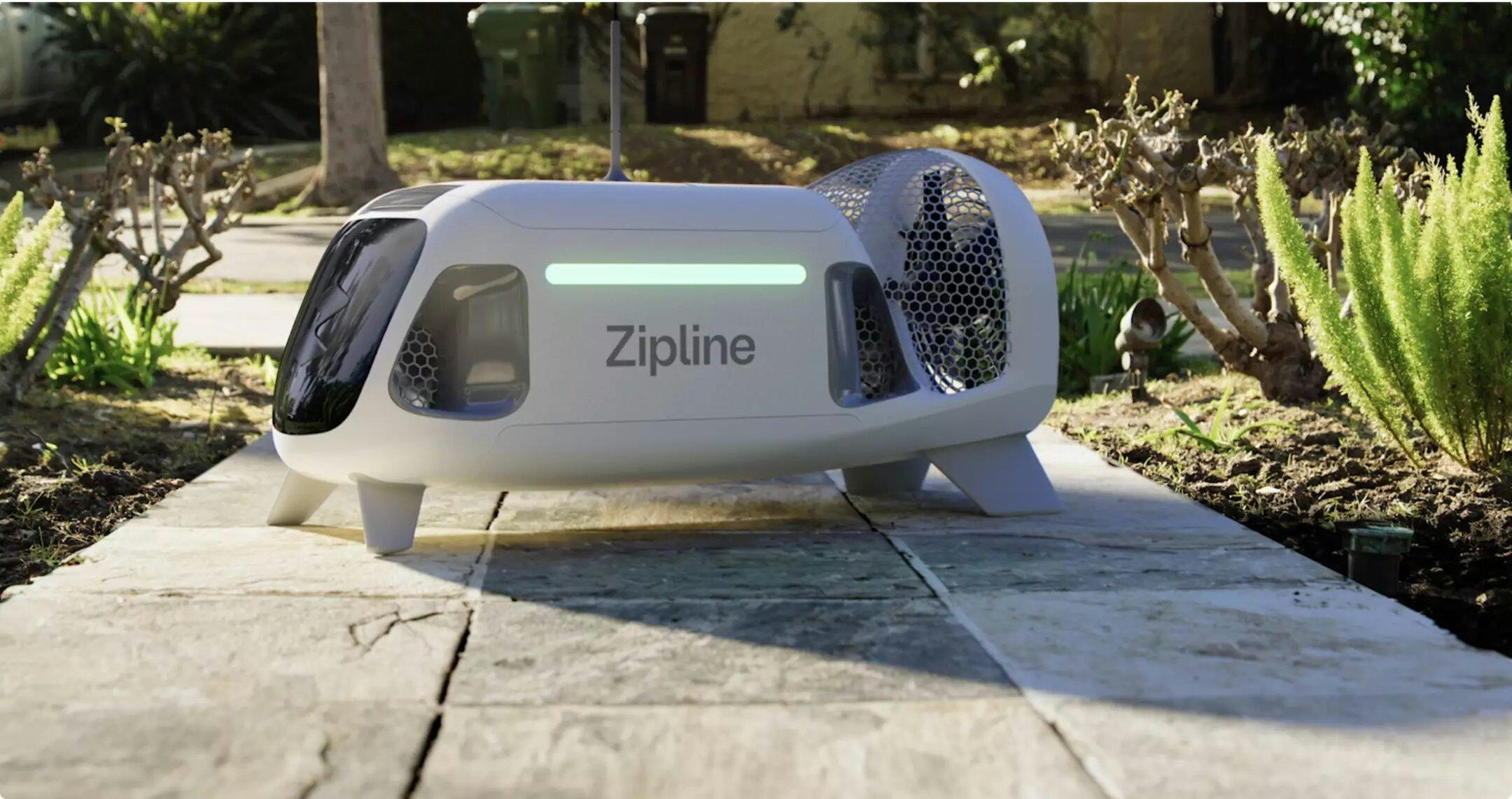
Drones Could Start Home Deliveries in Kigali by Next Year
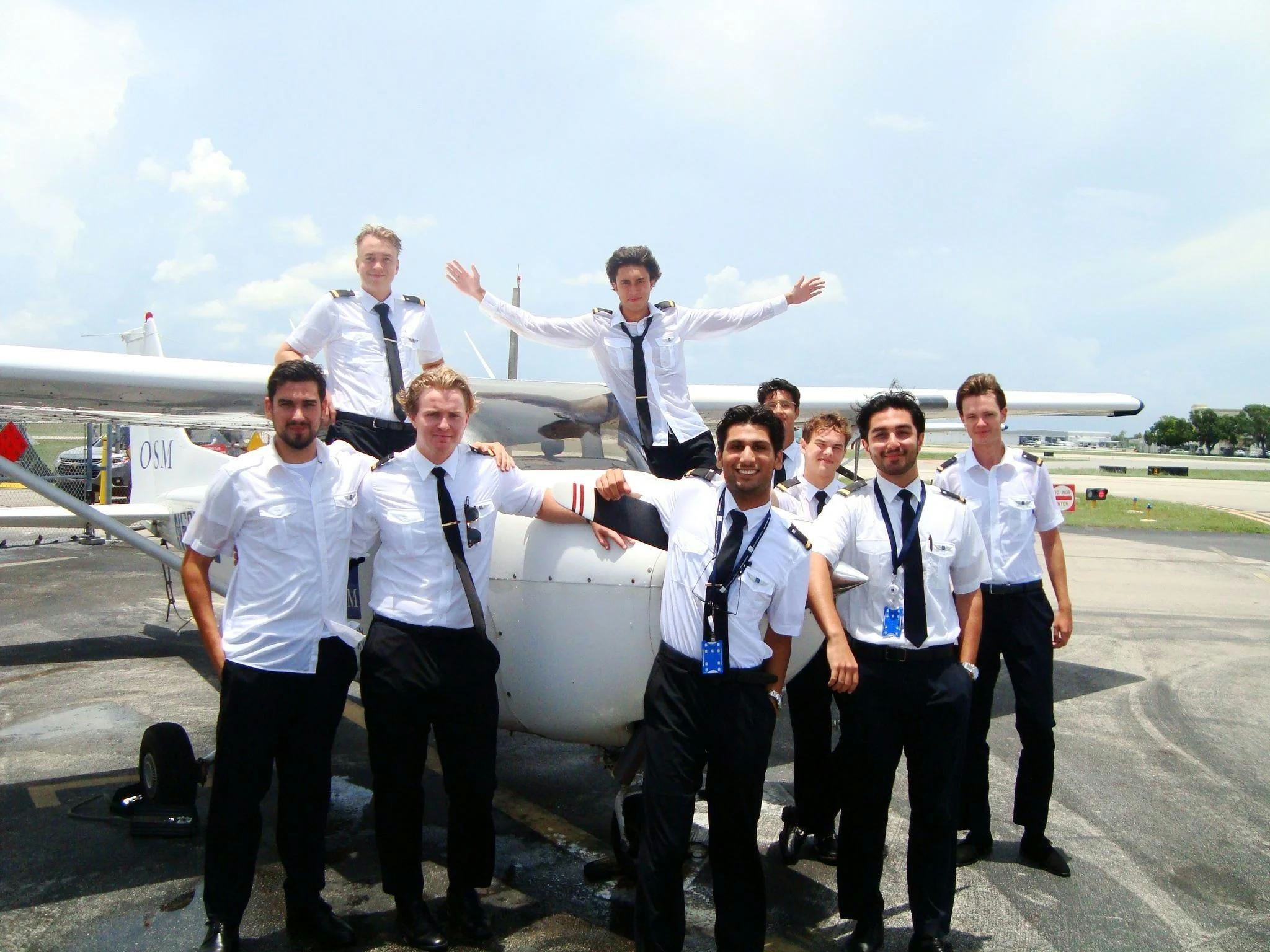
FlightLogger Expands North American Reach with OSM Aviation Academy Partnership

Putin Urges Russian Aerospace Sector to Develop Rocket Engines
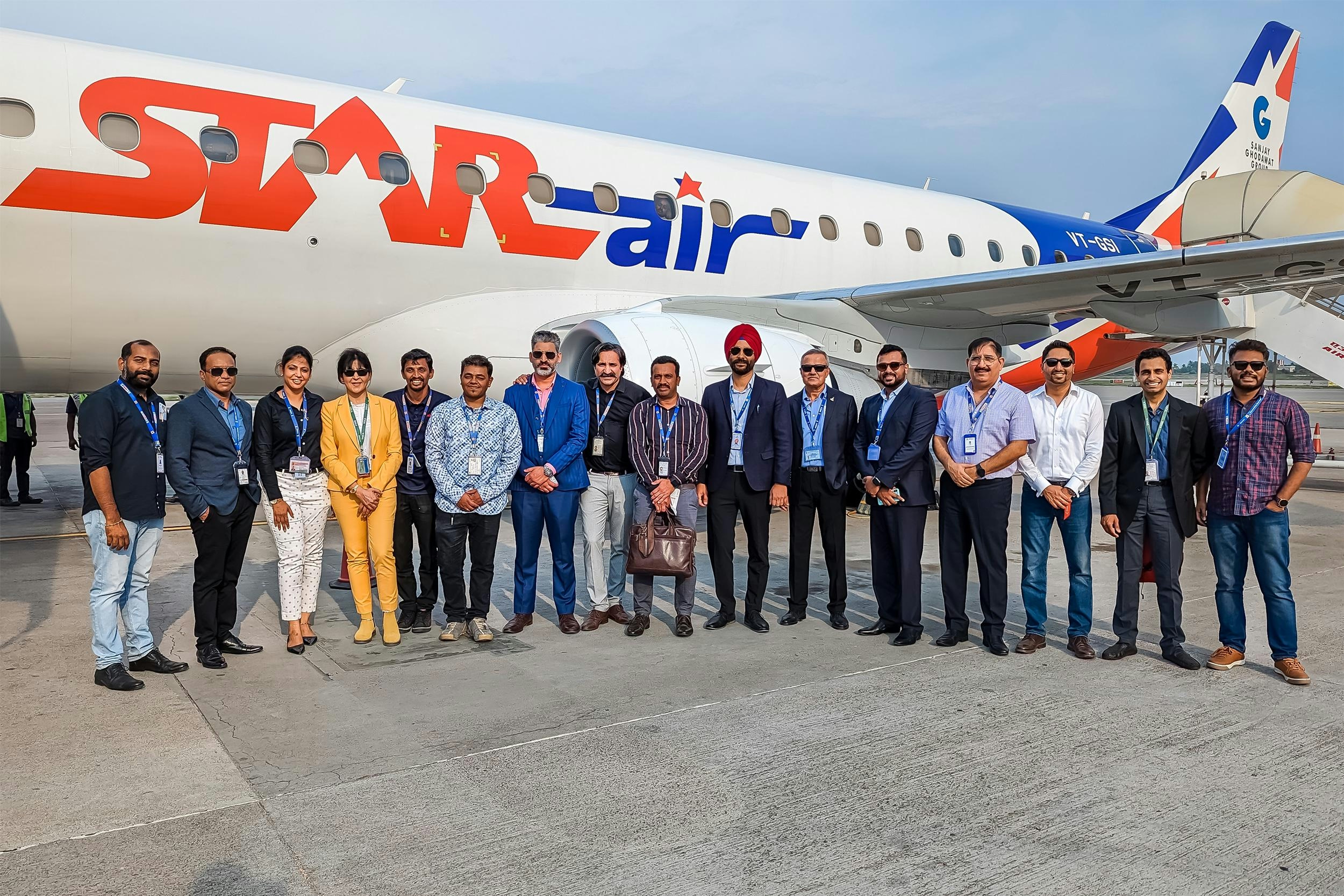
Star Air and HAL to Establish MRO Facility for Embraer Aircraft in India

ANA and Joby Aviation Demonstrate eVTOL Flights at Expo 2025 Osaka
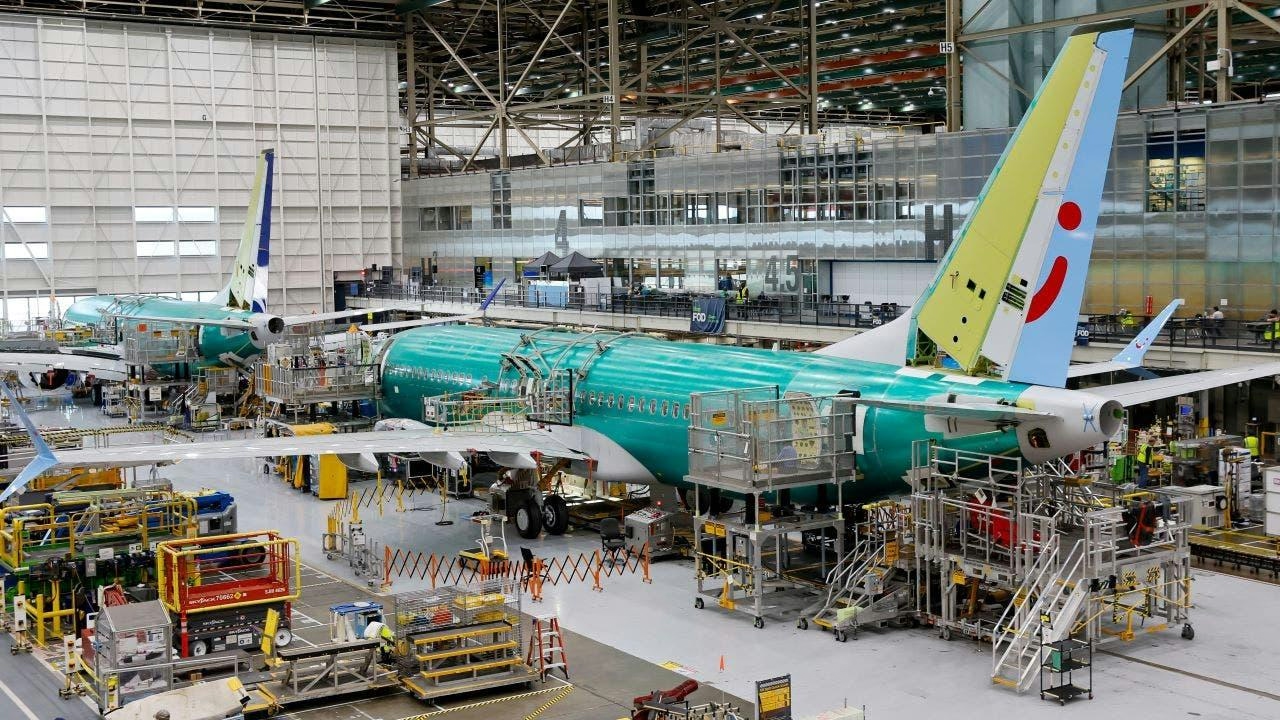
Airlines Confront Rising Labor Costs Amid Growing Use of AI

Congressional Mandates Shape Aviation Safety and Defense Technology
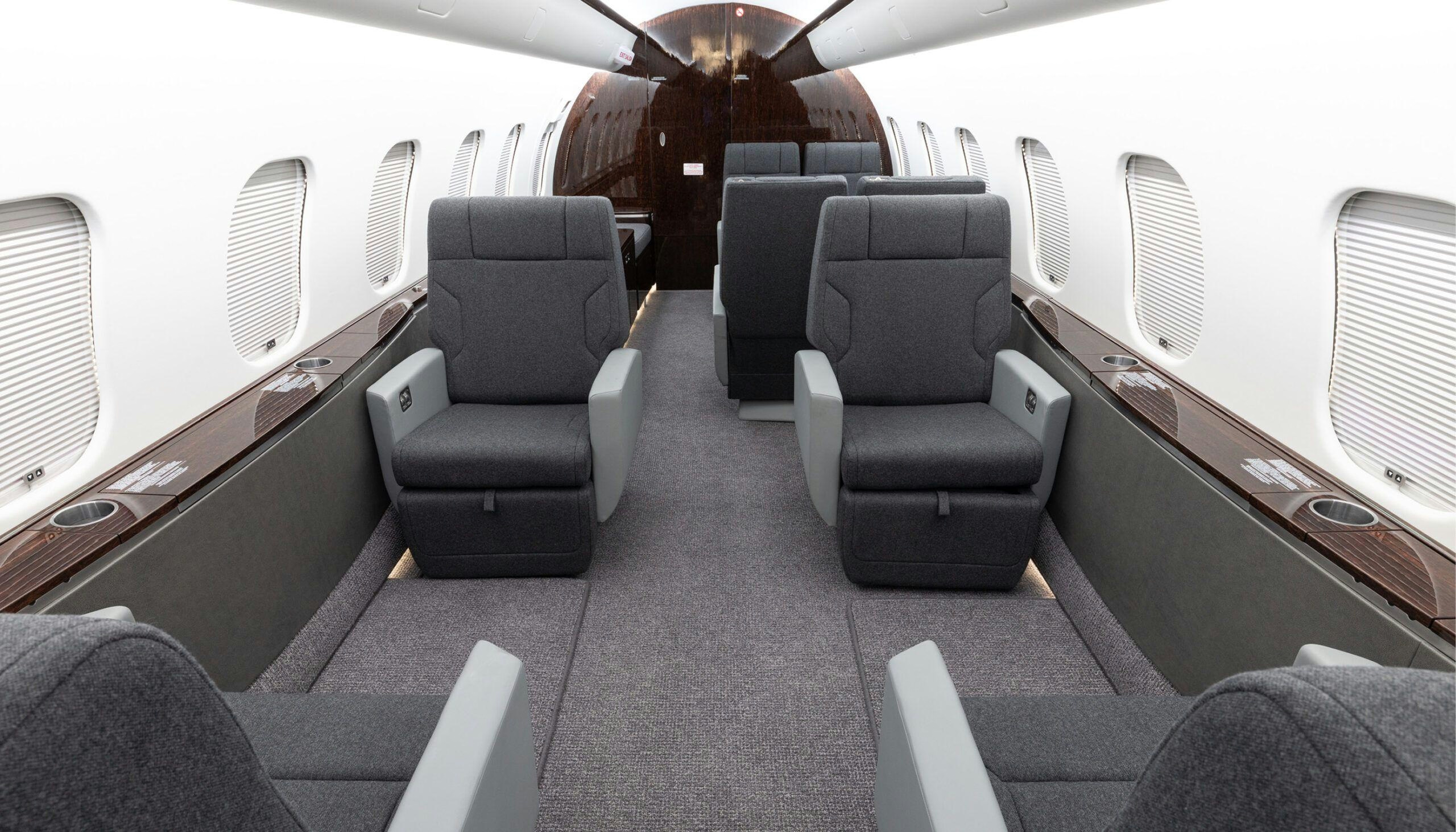
Duncan Aviation Updates GL-5000 System

Why the C-17 Globemaster Was Designed with Four Engines
